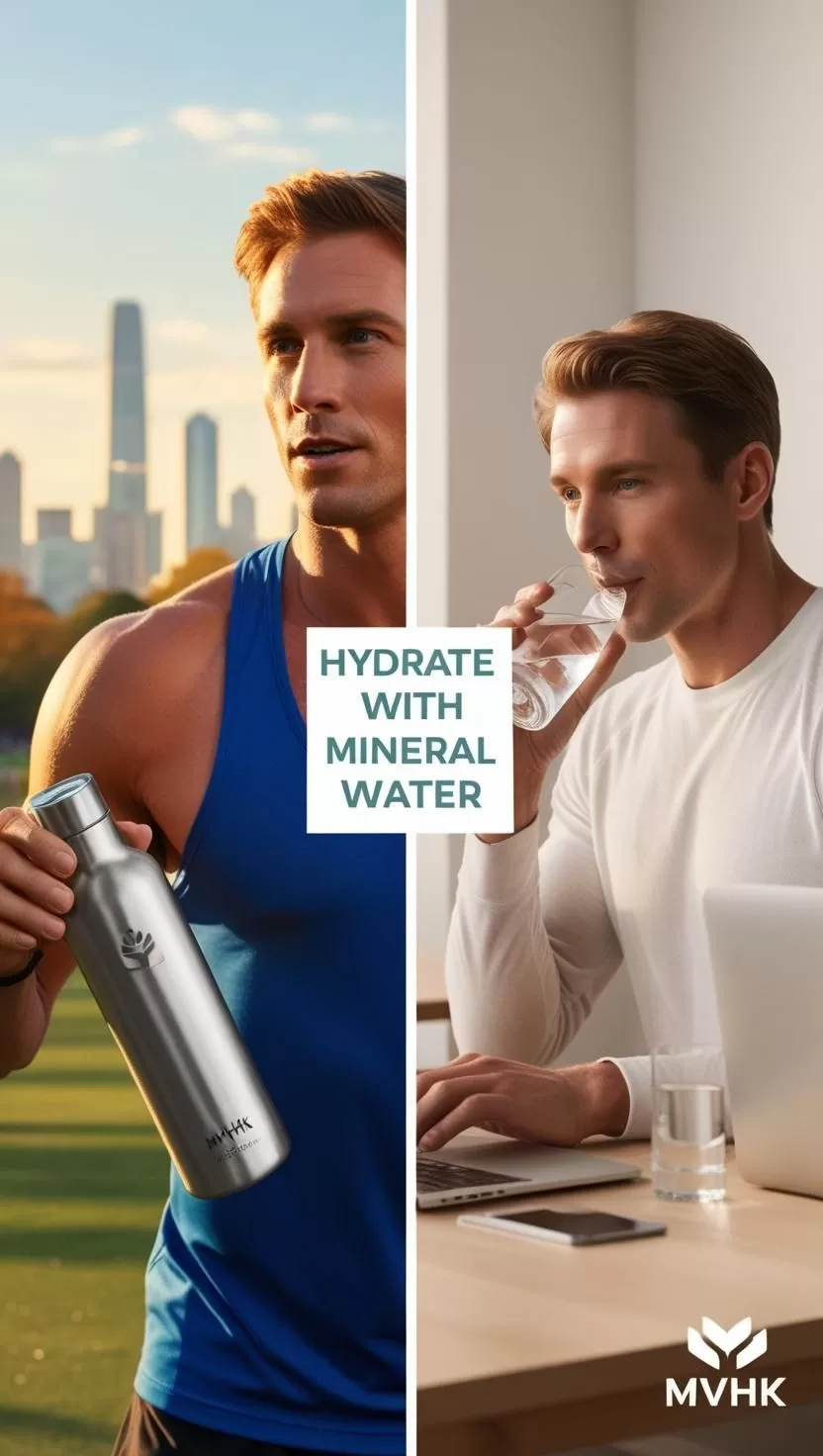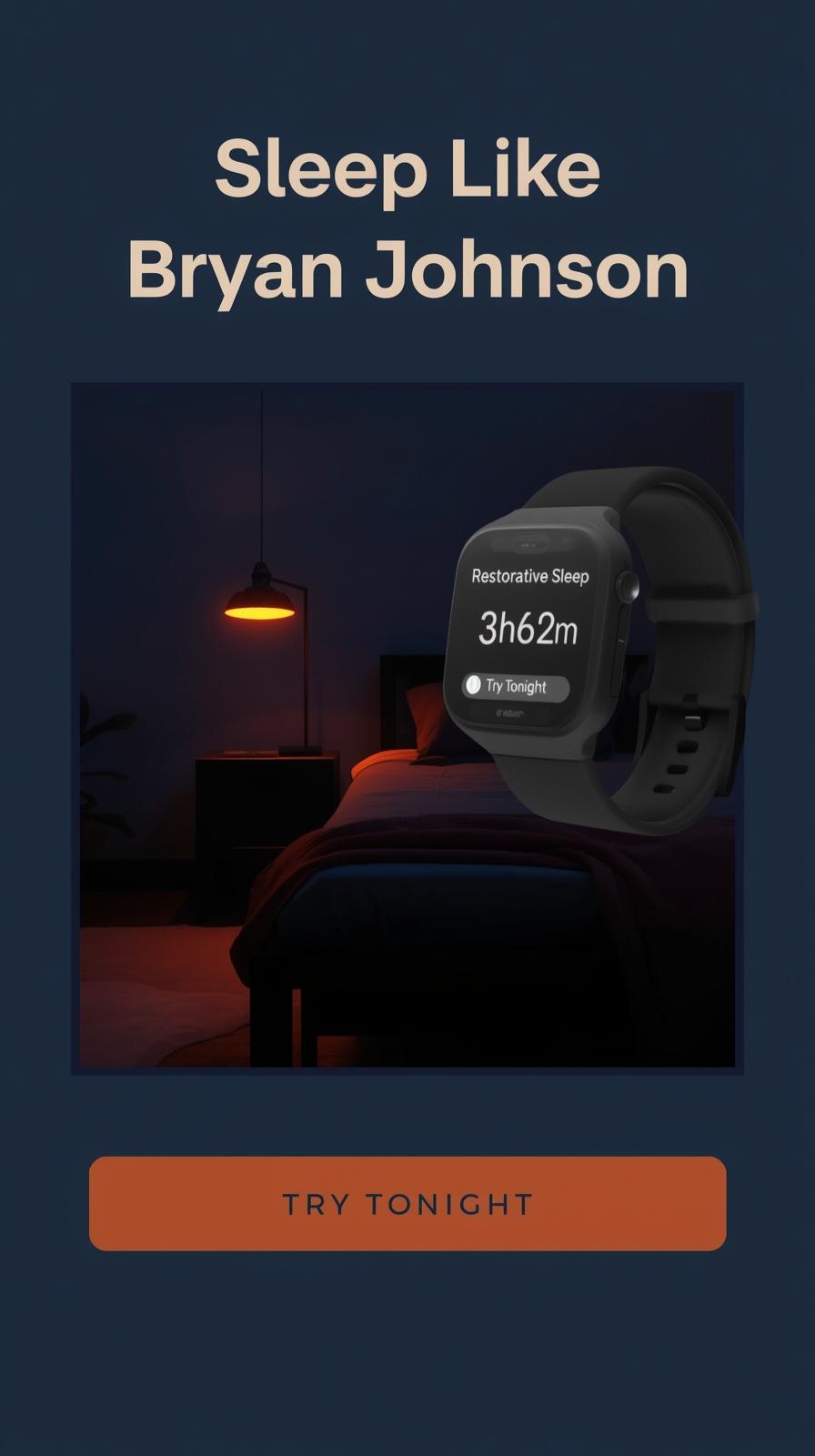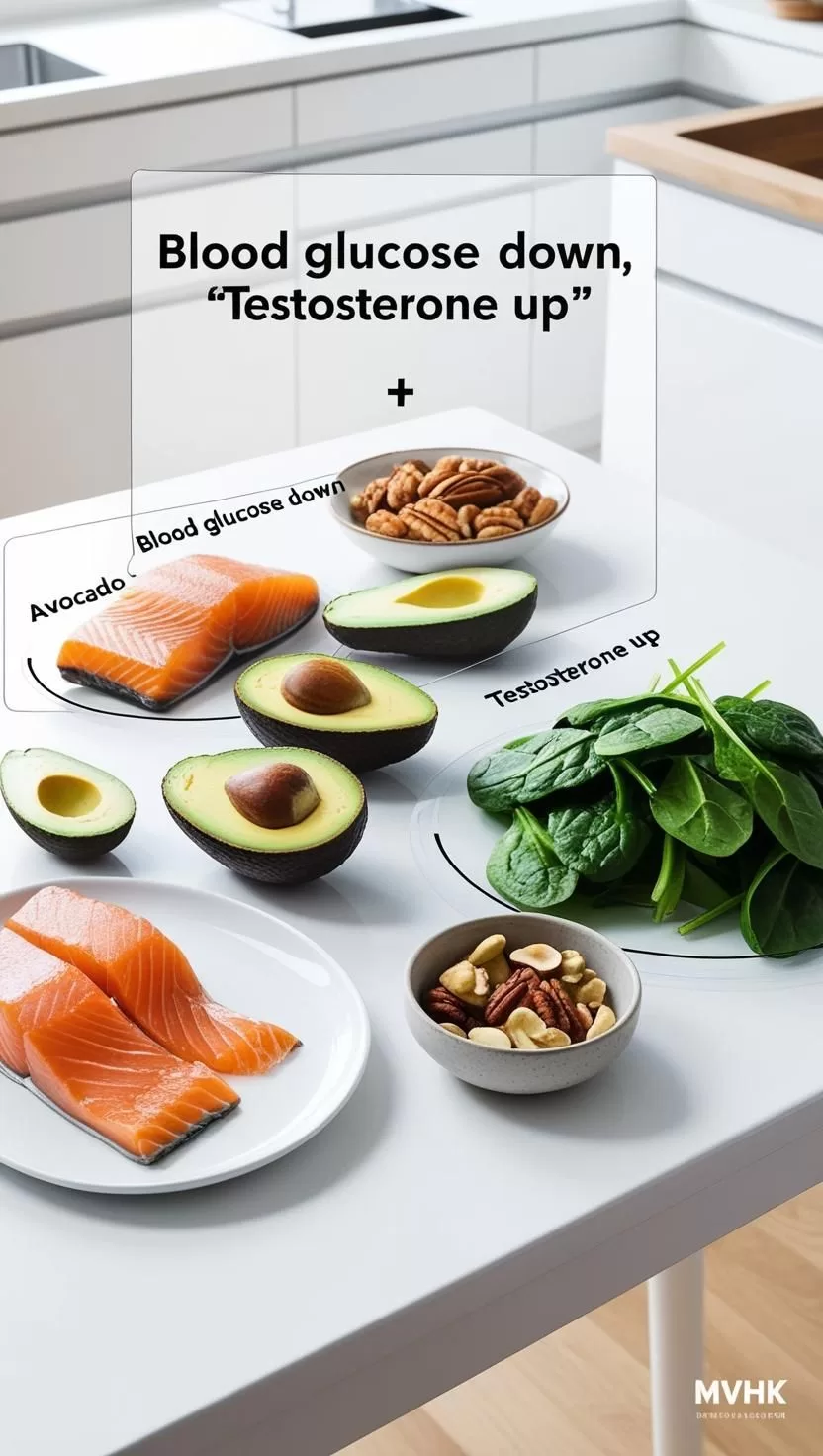Are You Drinking Wrong? Match Your Minerals to Your Day (Not Just Your Workout)
Optimal mineral ratios aren’t just a sports science concern—they’re a daily health necessity. Whether you’re crushing deadlines or dumbbells, the balance of sodium, potassium, and magnesium within your cells influences everything from focus and energy to muscle contraction and recovery.
Understanding when and how to replenish minerals based on your real-life schedule—not just workouts—can be a game-changer for busy professionals seeking sustainable energy and peak performance.
Let’s break down exactly how this works.
1️⃣ Your Body’s Mineral Command Center: Why Ratios Matter
⚙️ Sodium: Your Nervous System’s MVP
Sodium gets a bad rap due to its link to processed food—but when it comes from the right sources and is used correctly, sodium powers:
- Electrical signaling in nerves
- Fluid balance between cells
- Blood pressure regulation
When you’re stressed or sweating, sodium loss increases dramatically.
🏋️ Potassium: The Muscle Whisperer
Potassium works in tandem with sodium to keep your muscles contracting efficiently. A deficiency can lead to:
- Muscle cramps
- Fatigue
- Heart palpitations
Unfortunately, most adults get only half the potassium they need daily.
🔋 Magnesium: The Quiet Energy Producer
This mineral regulates over 300 biochemical reactions. It’s essential for:
- ATP (energy) production
- Sleep quality
- Muscle relaxation
- Stress response
Stress and poor sleep deplete magnesium fast—especially in fast-paced professional lifestyles.
2️⃣ When to Shift Your Hydration: Time-of-Day Electrolyte Strategy
⏰ Morning: Magnesium + Sodium
Mornings often come with cortisol spikes (your natural wake-up hormone), caffeine intake, and tight schedules. You need mental clarity and cellular hydration.
Best combo:
- Add a pinch of sea salt to lemon water
- Take a magnesium glycinate supplement (if cleared by your doctor)
- Avoid coffee-only hydration
💼 Midday Work Stress: Potassium-Rich Fuel
Hours of screen time and sedentary work can dehydrate you more subtly.
Replenish with:
- Coconut water
- Spinach + avocado salad
- Baked sweet potatoes (potassium-rich lunch!)
Keep your water intake steady (aim for 8 oz every hour).
🏃♂️ Evening Workouts: Sodium + Potassium
Sweating for more than 60 minutes? You’re losing both sodium and potassium fast—especially in hot gyms or intense sessions.
Recovery boost:
- Electrolyte powder with no added sugar
- Bone broth or lightly salted soup
- Bananas or white beans post-workout
3️⃣ Long-Term Fix: Make Mineral Tracking Part of Your Lifestyle
📊 Track Symptoms, Not Just Intake
Look for signs of imbalance:
| Symptom | Possible Mineral Deficiency |
|---|---|
| Brain fog | Magnesium |
| Muscle twitching | Potassium or magnesium |
| Dizziness on standing | Sodium |
| Cramping | Potassium |
| Anxiety/irritability | Magnesium |
You don’t always need more water—sometimes, it’s the minerals.
🧠 Mineral Mindfulness for Busy Professionals
- Set hydration timers throughout the day
- Rotate beverages: Water, coconut water, bone broth
- Don’t skip salt—use high-quality sea salt or electrolyte tabs
- Eat magnesium-rich snacks (pumpkin seeds, dark chocolate)
Conclusion: How to Get Started Today
- Audit your daily routine—When do you sweat? When do you stress?
- Match your hydration—Sodium in the morning, potassium at lunch, magnesium at night.
- Test an electrolyte drink during your next long workout or stressful afternoon.
- Track your symptoms for one week to see what shifts.
Hydration is more than water. Reclaim your energy by getting smart with minerals—and finally feel the difference. 💪🧠⚡
- Electrolyte Needs by Activity
- Magnesium and Brain Function – NIH
- Sodium and Hydration – Harvard Health
📌 FAQ Section:
What are the most important electrolytes for daily life?
Sodium, potassium, and magnesium are crucial for nerve, muscle, and energy function—even if you’re not working out.
Can I drink too much water without electrolytes?
Yes. Overhydration without mineral replacement can dilute sodium levels, leading to fatigue or headaches.
What’s a good daily electrolyte routine?
Start with sodium + magnesium in the morning, potassium-rich meals at lunch, and a mineral-rich drink post-exercise or before bed.






